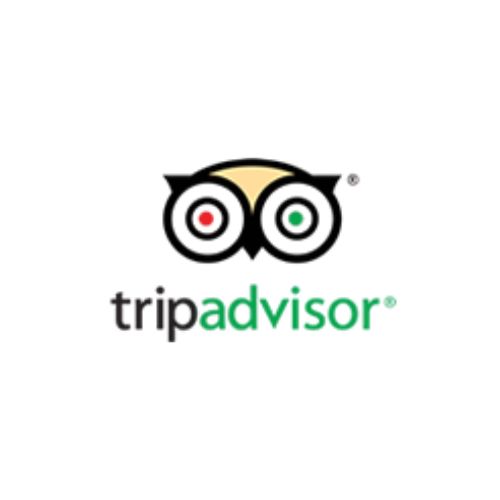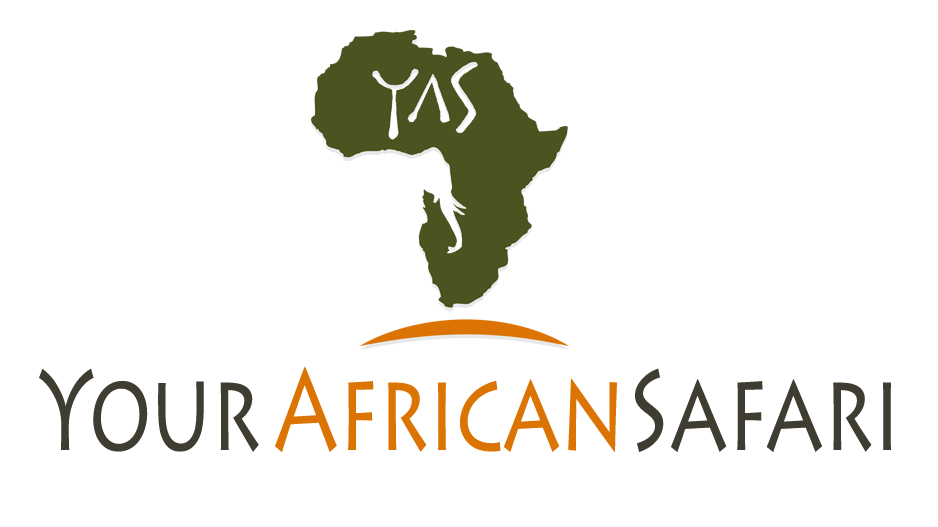There is no wildlife encounter on Earth more profound, humbling, or transformative than spending an hour in the presence of a critically endangered Mountain Gorilla. To look into the eyes of a magnificent Silverback—an animal so genetically similar to us—is to connect directly with the wild heart of Africa and, perhaps, with a forgotten part of ourselves.
This is the ultimate bucket-list experience, yet it is also a sensitive, high-value, and logistically complex adventure. It is an adventure that demands preparation, respect, and, crucially, the right partner.
At AK African Tours and Safaris, we specialize in making this deeply intimate journey seamless, safe, and profoundly meaningful. This comprehensive guide will walk you through the essential steps for tracking gorillas in either Uganda or Rwanda, and explain why our expert service represents the turnaround the premium travel industry needed—establishing us as the leading figure in facilitating this experience globally, while upholding the highest standards of value for money and committed social impact.
Part I: Gorilla Trekking 101—The Guide to Your Encounter 🦍
The Mountain Gorillas live only in the high-altitude, dense cloud forests of the Virunga Mountains, split primarily between two nations: Uganda and Rwanda. Understanding the nuances of each is key to planning your perfect trek.
1. Uganda vs. Rwanda: The Critical Comparison
| Factor | Rwanda (Volcanoes National Park) | Uganda (Bwindi Impenetrable & Mgahinga NP) |
| Permit Cost (2025/2026 est.) | $1,500 USD | $800 USD |
| Accessibility | Excellent. A short, scenic 3-hour road transfer from Kigali International Airport (KGL) to the park HQ. | Good/Variable. A long 9-10 hour road transfer from Entebbe (EBB) or a 1-2 hour charter flight to a nearby airstrip. |
| Trekking Style | Generally easier/shorter treks. The park’s base is high, and the bamboo forest is less dense. | Generally more challenging/longer treks. The name “Impenetrable” is apt; the forest is dense, steep, and requires higher fitness. |
| Accommodation | Known for more ultra-luxury lodges near the park boundary. | Offers a wider range of high-quality mid-range and luxury lodging options. |
| Best For | Luxury travelers, those short on time, or anyone prioritizing a shorter, faster trek. | Value-conscious travelers, those who want an authentic, rugged jungle experience, and those combining the trek with a broader Ugandan safari. |
2. The Trekking Process: From Briefing to Encounter
The process is highly regulated and identical in both nations, ensuring the safety of both the tourists and the gorillas.
- The Morning Briefing (7:00 AM): You arrive at the park headquarters for a crucial briefing on conservation rules, fitness requirements, and what to expect. You are then allocated to one of the habituated gorilla families, usually based on your physical fitness.
- The Ascent (8:00 AM): You meet your ranger, a team of local trackers, and optional porters. The trek begins. It can take anywhere from 30 minutes to 8 hours of steep, muddy hiking.
- The Encounter: Once the trackers locate the family, you drop your bags and gear, taking only your camera and water. You will be led quietly to the clearing where the family is resting, feeding, or playing.
- The Hour of Silence: You are allowed exactly 60 minutes with the gorilla family. This time is often spent in silent awe, observing the gentle giants under the watchful eye of the Silverback. The experience is intimate, safe, and intensely moving.
3. Essential Preparation and Conservation Rules
- Fitness: Be prepared for strenuous hiking at high altitude (above 7,000 feet/2,100m). Even “easy” treks involve mud and uneven terrain.
- Packing: You must hire a porter (highly recommended for their support and the crucial job creation they provide). Essential gear includes gardening gloves (for gripping vines), rain gear, good hiking boots, and long trousers/sleeves.
- The Rules: The most critical conservation rule is the 7-meter distance. No flash photography is allowed. If you have any symptoms of cold or flu, you will not be allowed to trek, as gorillas can catch human diseases. This strict protocol is for their survival.
Part II: AK African Tours: The Turnaround in Safari Effectiveness
Gorilla Trekking is a high-stakes logistic exercise. The service we provide is the necessary turnaround from general tour planning to specialized, mission-critical logistics, guaranteeing the success of your encounter.
1. Permit Guarantee: The Non-Negotiable Foundation
The single biggest hurdle in gorilla trekking is securing the limited number of permits (fewer than 180 are available daily across the Virungas).
- The AK Advantage: We secure and confirm your permits far in advance, sometimes a year ahead. We manage the delicate timing, which is crucial as permits are non-transferable and non-refundable. For the traveler, this eliminates the risk and stress of managing this volatile inventory, allowing them to focus purely on the preparation. Our ability to secure and effectively manage these critical assets is a key industry turnaround.
2. Specialized Logistical Mastery at High Altitude
The areas around Bwindi and Volcanoes National Park are remote and high-altitude, demanding superior logistics for comfort and safety.
- Tailored Transfers: We analyze the client’s timeline and budget to provide the most effective transfer:
- Rwanda: Seamless, private road transfers from Kigali, allowing travelers to start trekking within 24 hours of landing.
- Uganda: Coordination of essential charter flights from Entebbe to the local airstrips near Bwindi, drastically cutting down the 10-hour drive and maximizing rest before the arduous trek.
- Strategic Lodging: We partner exclusively with lodges strategically located close to the trekking trailheads. This is crucial for a 6:00 AM start, ensuring clients are well-rested and minimize pre-trek travel time.
3. Safety and Seamless Trek Integration
The effectiveness of our service is measured in the safety and seamlessness of the experience.
- Expert Integration: We coordinate directly with the park authorities and local tracking teams, ensuring our clients are registered, fully briefed, and matched to the appropriate gorilla family based on their physical capability and family size. Our dedicated local hosts ensure you are never left to navigate the process alone.
Part III: Easing Access: AK African Tours’ Leading Figure Role
Gorilla Trekking is often the most complex element of an African itinerary. AK African Tours and Safaris plays a leading figure role by simplifying this complexity and integrating it into broader East African adventures for a global audience.
1. Regional Integration: The Ultimate East African Wildlife Circuit
We are a leader in combining the iconic open-plain safaris of Kenya and Tanzania with the specialized primate tracking of Uganda and Rwanda.
- Seamless Multi-Country Packages: Our “Migration and Gorilla Trekking” packages remove all barriers. We manage the flight from the Maasai Mara (Kenya) or Serengeti (Tanzania) to Entebbe (Uganda) or Kigali (Rwanda), coordinating the necessary customs, visas, and flight transfers. This allows a global traveler to see the Big Five, the Great Migration, and the Mountain Gorillas on one flawless, expertly managed booking.
- Competitive Dual-Country Expertise: We offer transparent advice on whether the lower permit cost of Uganda offsets the longer transfer time, or whether Rwanda’s higher cost is worth the logistical ease. This dual-country proficiency ensures the traveler is guided by expertise, not limited by a single country’s offering.
2. Global Accessibility Through Preparedness
For travelers worldwide, the unknown risks of high-altitude jungle trekking can be intimidating. We ease this access through exhaustive preparation and transparency.
- Pre-Trek Guidance: We provide every client with a detailed, proprietary preparation guide covering everything from altitude acclimatization tips to local tipping customs and required vaccinations. This preparedness ensures clients arrive confident, not overwhelmed.
- Financial Flexibility: While permits require immediate payment, we offer flexible payment structures for the rest of the package, easing the financial planning for this high-value trip for our global clientele.
Part IV: Value, Impact, and Legacy—Improving People’s Lives
In gorilla trekking, the concept of value for money is intrinsically linked to conservation success and social impact. The high permit price is arguably the best-value wildlife fee in the world. Our service ensures that your investment is maximized and ethically deployed, honouring our gracious adherence to improving people’s lives.
1. Superior Value for Money: Funding Survival
The permit fee is the cost of saving a species. We ensure that the rest of your expenditure delivers commensurate value.
- 100% Conservation Funding: Nearly all of the $800–$1,500 permit cost is funneled directly into the gorilla conservation efforts, anti-poaching units, and veterinary care in Uganda and Rwanda. The value is the knowledge that your trip is responsible for the gorillas’ survival.
- Maximizing the Trek: Our value lies in ensuring your investment in the permit is fully realized through superior guiding, strategic lodging for optimal rest, and seamless logistics that prevent any travel mishaps from jeopardizing your once-in-a-lifetime encounter.
2. Social Impact: Direct Community Empowerment
Gorilla tourism is the primary economic engine for the communities surrounding Bwindi and Volcanoes National Park. Your safari creates a powerful incentive for conservation.
- The Porter System (Mandatory Social Impact): We strongly encourage (and often include) the hiring of a local porter (or two). These are often former poachers or local farmers. Paying a porter directly funds local families, providing a sustainable income that makes protecting the gorillas more valuable than harming them. This is direct, immediate impact.
- Community Revenue Share: A percentage of the park fees collected in both Uganda and Rwanda is shared directly with the local communities for infrastructure, schools, and health clinics. Your trek directly improves the quality of life in these remote areas.
- Local Employment: Our commitment to using locally based, specialized guides, chefs, and lodge staff in Uganda and Rwanda ensures that the wealth generated by your







